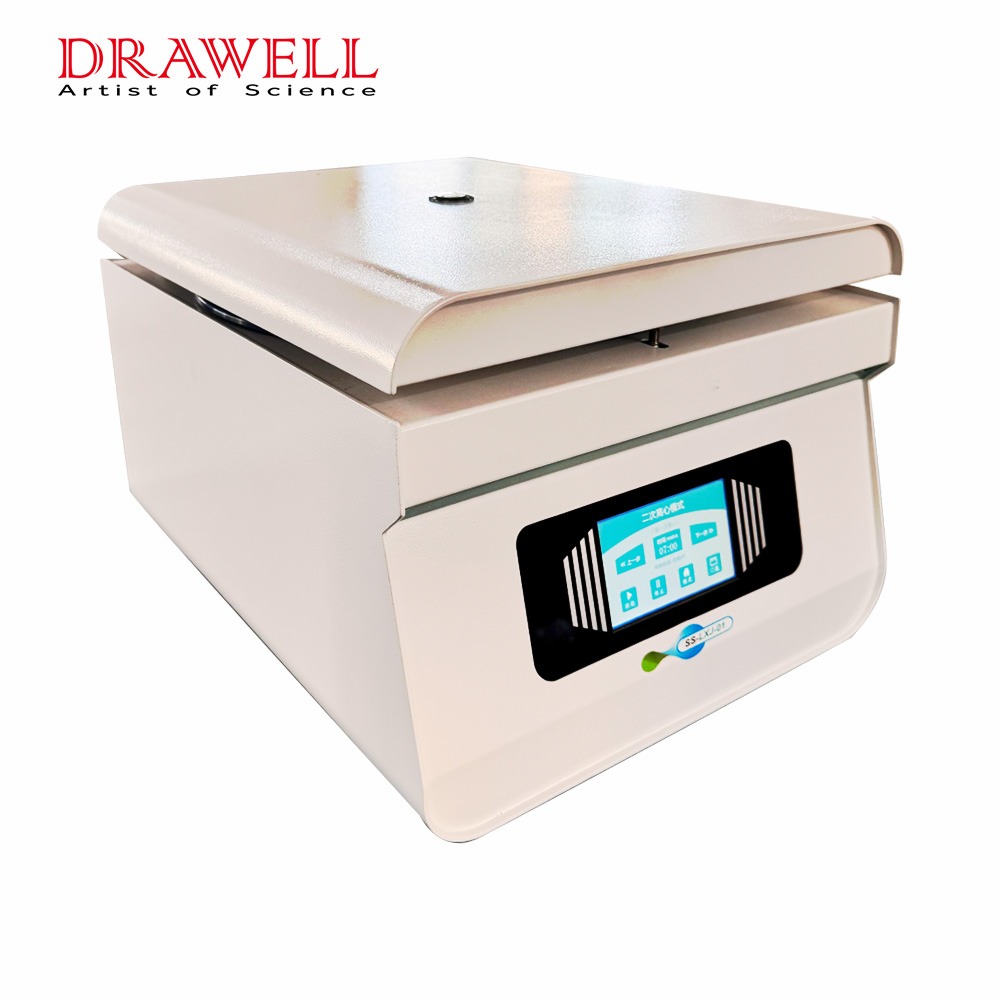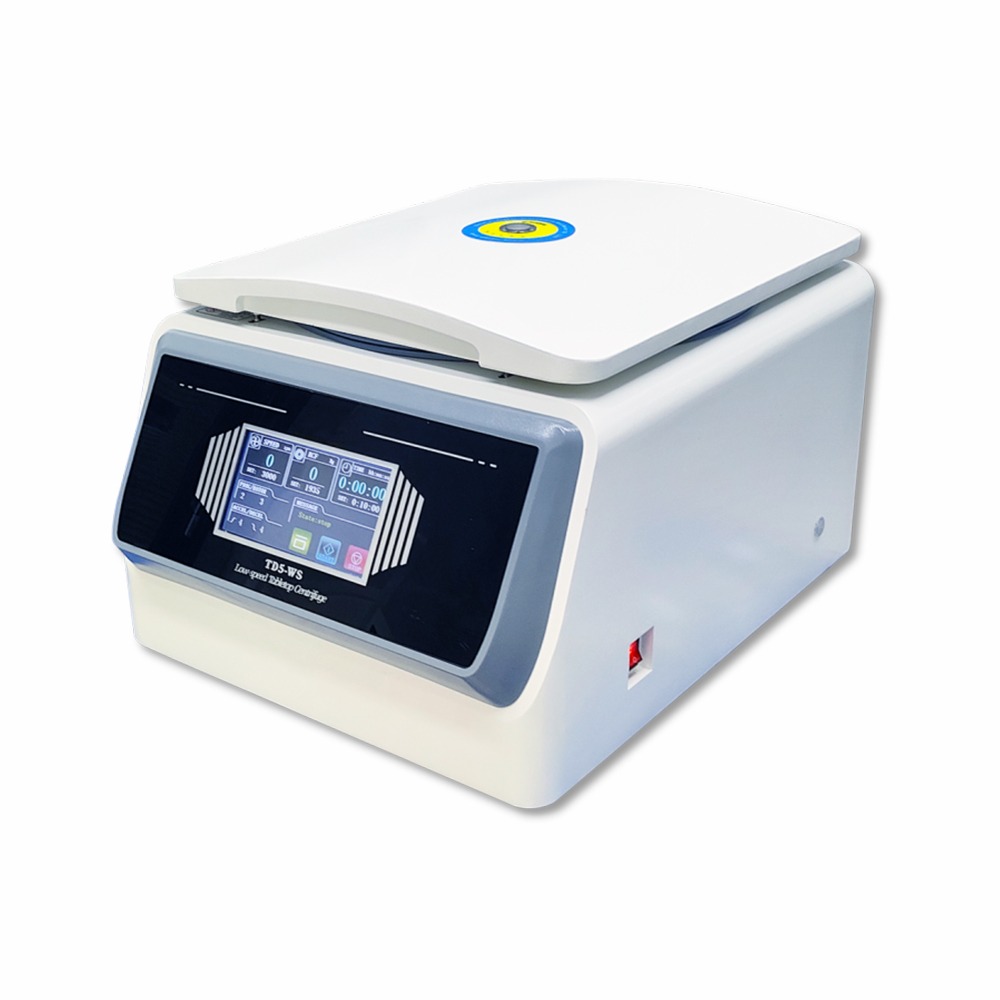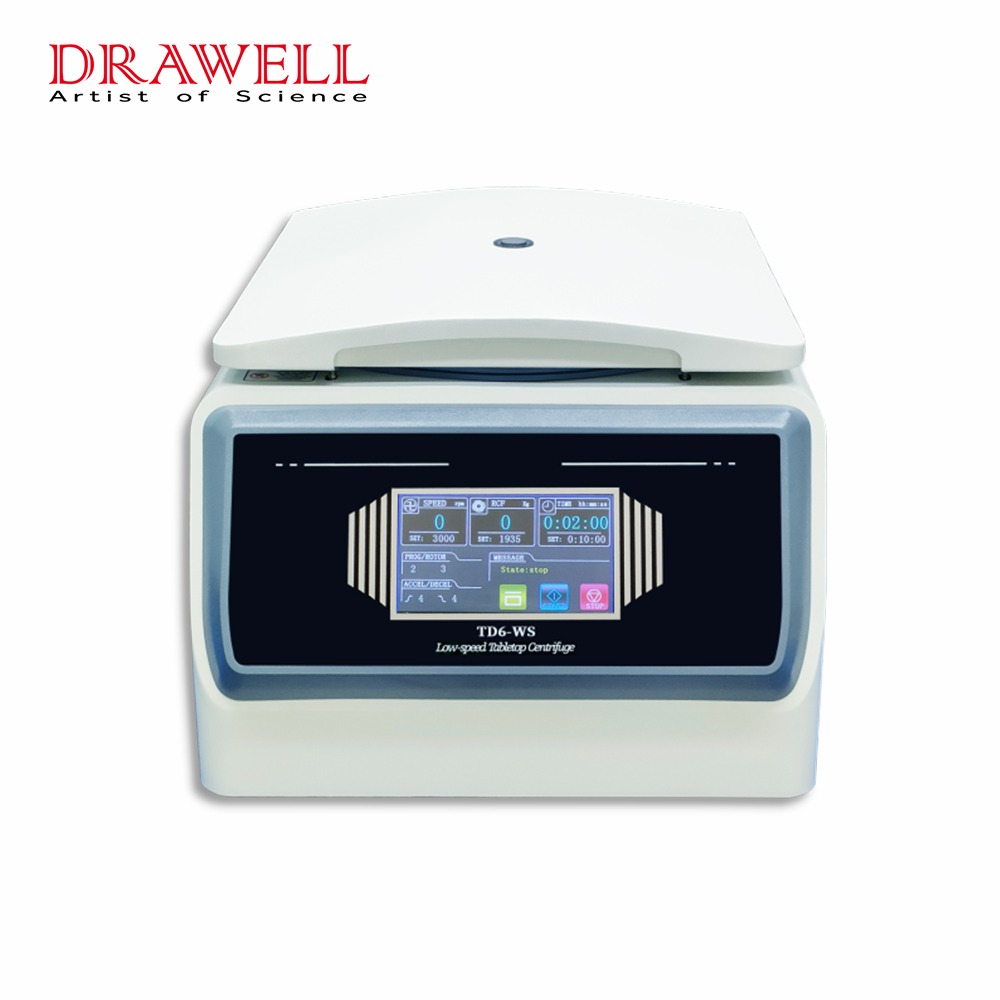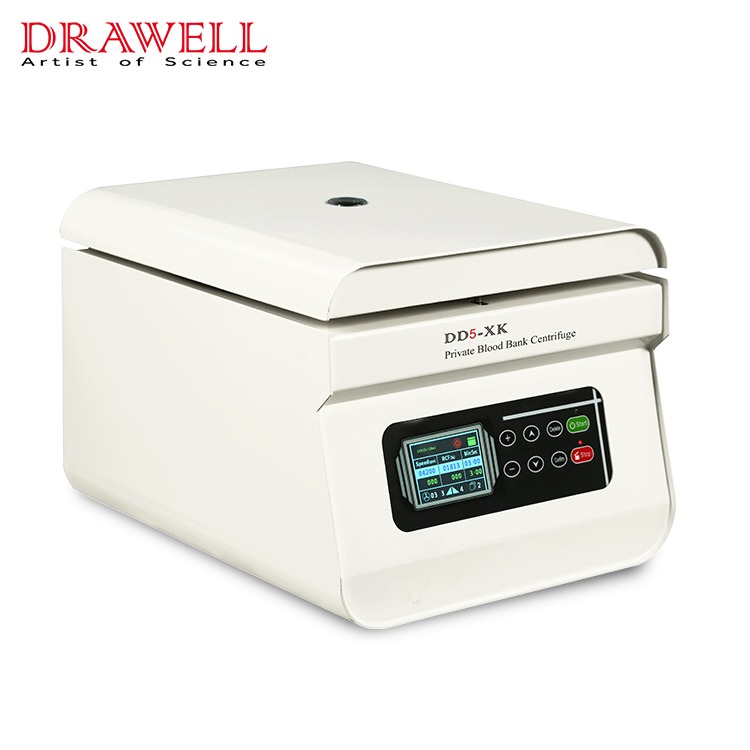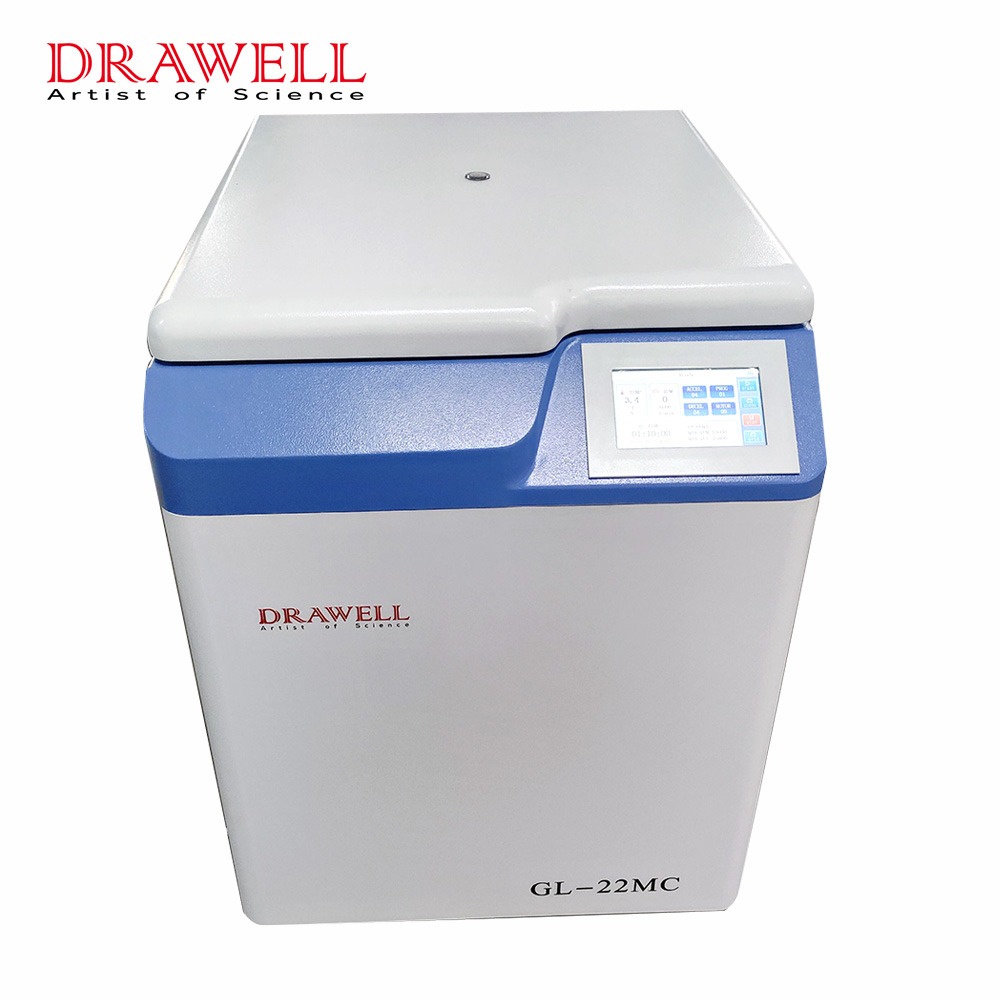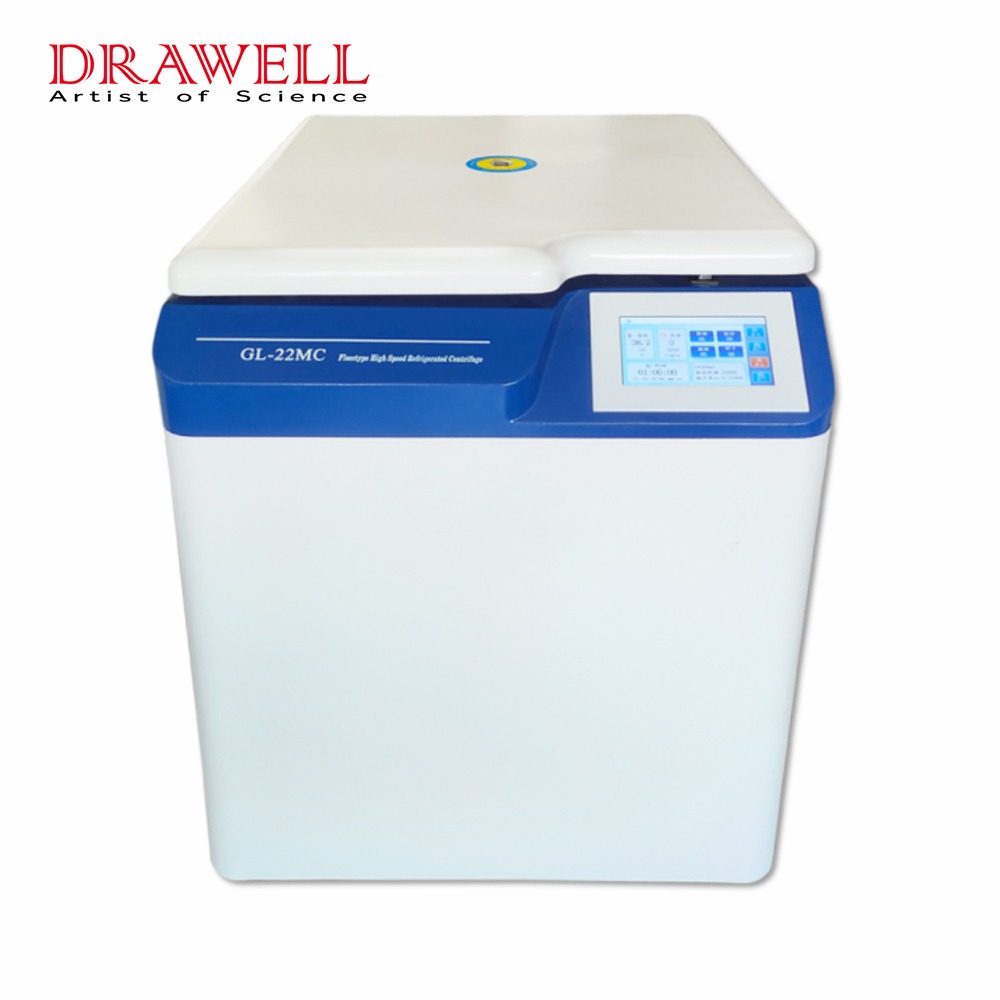A centrifuge is a scientific apparatus that separates liquid or suspension components depending on density and sedimentation rate. It uses centrifugal force to speed up the sedimentation process, allowing for effective substance separation. In this article, we will discuss the topic of what is a centrifuge used for, exploring its key applications and commonly used types.
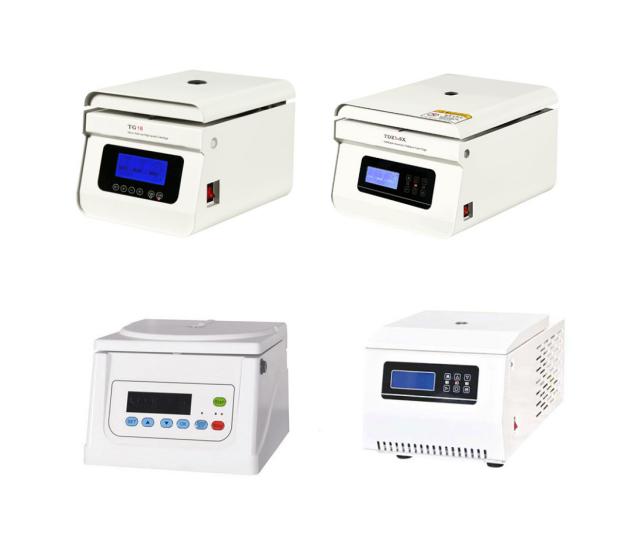
7 Key Applications of Centrifuges
Centrifuges are used to separate solid particles or precipitates from liquid solutions. It can also be used to separate different densities of liquid phases or cellular components from biological samples.
- Sample Preparation
Centrifuges are essential in the processing of samples for various laboratory analyses. They are employed in the concentration of dilute samples by pelleting the desired compounds at the bottom of a tube or well. Centrifugation facilitates the concentration of target analytes by removing undesired components such as cellular debris. Sample preparation uses include DNA/RNA extraction, protein purification, subcellular organelle isolation, and analyte concentration for future analysis.
- Sedimentation and Clarification
Centrifugation is commonly employed to separate solid particles from liquid solutions. By spinning the sample at high speeds, the denser particles or sediment settle at the bottom of the tube, forming a pellet, while the clarified liquid remains at the top. This process is utilized in applications such as removing cellular debris from cell culture media, separating blood components for diagnostic purposes, and clarifying suspensions or emulsions.
- Density Gradient Separation
To separate solid particles from liquid solutions, centrifugation is often used. The denser particles or silt settle at the bottom of the tube, forming a pellet, while the cleared liquid remains at the top by spinning the sample at high speeds. This method is used to remove cellular debris from cell culture media, separate blood components for diagnostic reasons, and clarify suspensions or emulsions.
- Separation of Emulsions
Centrifugation is used for density gradient separations, particularly in biomolecule purification and separation. Components of the sample migrate to certain locations based on their buoyancy and density when a density gradient is created within the centrifuge tube. This approach can separate and purify biomolecules like DNA, RNA, proteins, and subcellular organelles.
- Pharmaceutical and Industrial Applications
Centrifuges are widely used in pharmaceutical and industrial applications. They are used in procedures such as pharmaceutical product purification, chemical and compound separation, extraction of important compounds from natural sources, and wastewater treatment and purification.
- Clinical Diagnostics
Centrifuges are essential in clinical diagnostics. They’re used to separate and analyze blood components like red blood cells, white blood cells, and plasma. Centrifugation aids in the performance of tests including blood cell count, plasma separation for biochemical investigations, and the isolation of specific components for diagnostic purposes.
- Research and Development
Centrifuges are key tools in a wide range of scientific research and development activities. They are used to separate, purify, and analyze various compounds, allowing researchers to examine and comprehend material’s biological, chemical, and physical properties.
These significant applications demonstrate centrifuges’ adaptability and relevance in a wide range of scientific, medicinal, and industrial activities. The ability to separate and isolate compounds depending on their densities is essential for many analytical, diagnostic, and purifying operations.
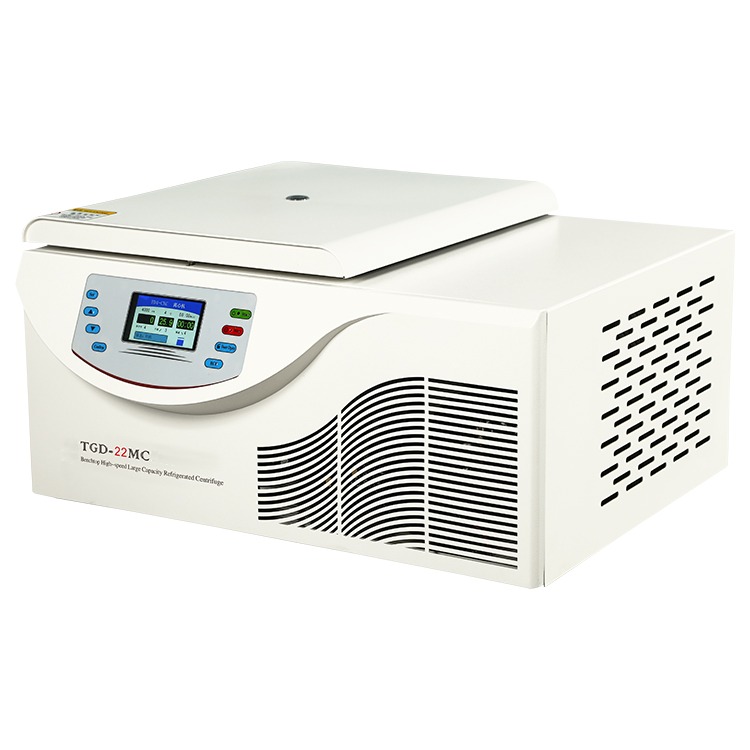
What Are Commonly Used Types of Centrifuges?
There are various commonly used types of centrifuges, each built to fit certain purposes and provide efficient separation and analysis.
- Fixed-Speed Centrifuges
Fixed-speed centrifuges operate at a single, pre-set speed and are often used for routine laboratory work. They are simple to operate and generally less expensive compared to more specialized centrifuges. These centrifuges are suitable for basic applications such as sample preparation, separation of particles, and general centrifugation needs.
- Microcentrifuges
Microcentrifuges are small and suited for samples with volumes ranging from microliters to a few milliliters. They have fast acceleration and deceleration rates and are appropriate for applications including DNA/RNA extraction, protein analysis, and molecular biology research.
- Refrigerated Centrifuges
Refrigerated centrifuges feature temperature control systems built in that allow for sample chilling during centrifugation. When working with temperature-sensitive samples or when the separation process necessitates certain temperature settings, these centrifuges are essential. They are commonly used in applications such as enzyme assays, cell culture, and protein purification.

- Ultracentrifuges
Ultracentrifuges are high-speed centrifuges that can spin at speeds of up to 100,000 revolutions per minute (RPM). They are utilized for high-precision separation and analysis procedures such as density gradient separations, sedimentation equilibrium, and particle characterisation. Biochemistry, molecular biology, and biophysics all rely on ultracentrifuges.
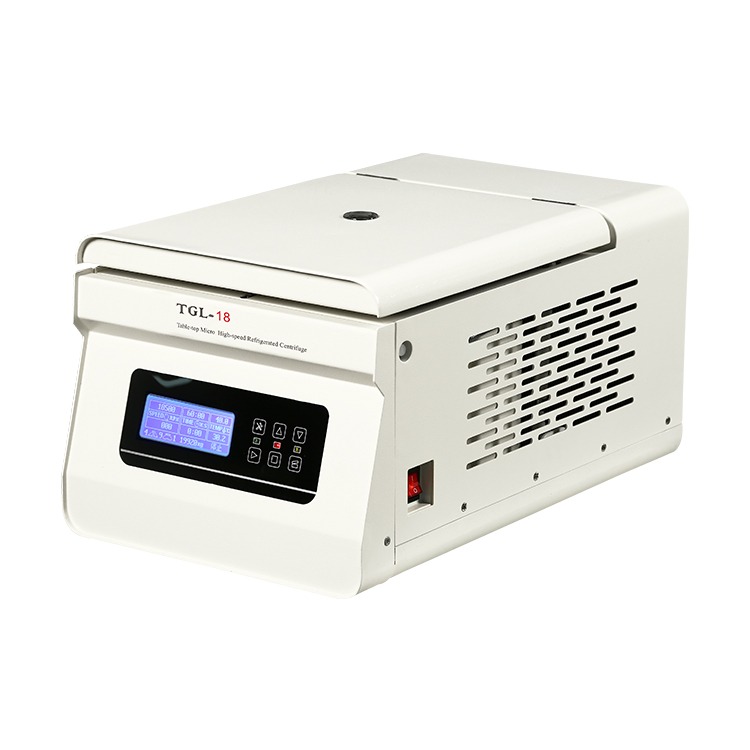
- Preparative Centrifuges
Preparative centrifuges are intended for large-scale separation and purification of biomolecules, as well as for industrial-scale applications. They have a high capacity and can handle higher sample volumes. Preparative centrifuges are widely employed in pharmaceutical, biotechnology, and industrial manufacturing operations.
- Analytical Centrifuges
Analytical centrifuges are sophisticated machines used to analyze particles or macromolecules in great detail. They supply data on size distributions, molecular weight, and hydrodynamic properties. These centrifuges are extensively employed in the creation of biopharmaceuticals, nanoparticle research, and polymer analysis.
- Floor Model Centrifuges
Floor model centrifuges are larger, more powerful centrifuges used in industrial and large-scale applications. They have a bigger capacity and can hold larger sample amounts as well as industrial-sized containers. Floor model centrifuges are used in industries such as chemical processing, oil and gas, and food and beverage.
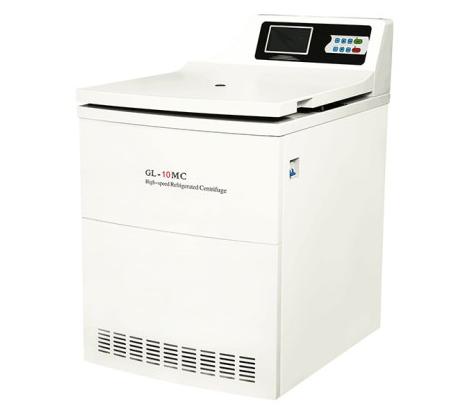
Summary
A centrifuge is a powerful equipment used to separate and isolate compounds based on their densities. Its versatility makes it valuable in a wide range of scientific, medicinal, and industrial situations.


